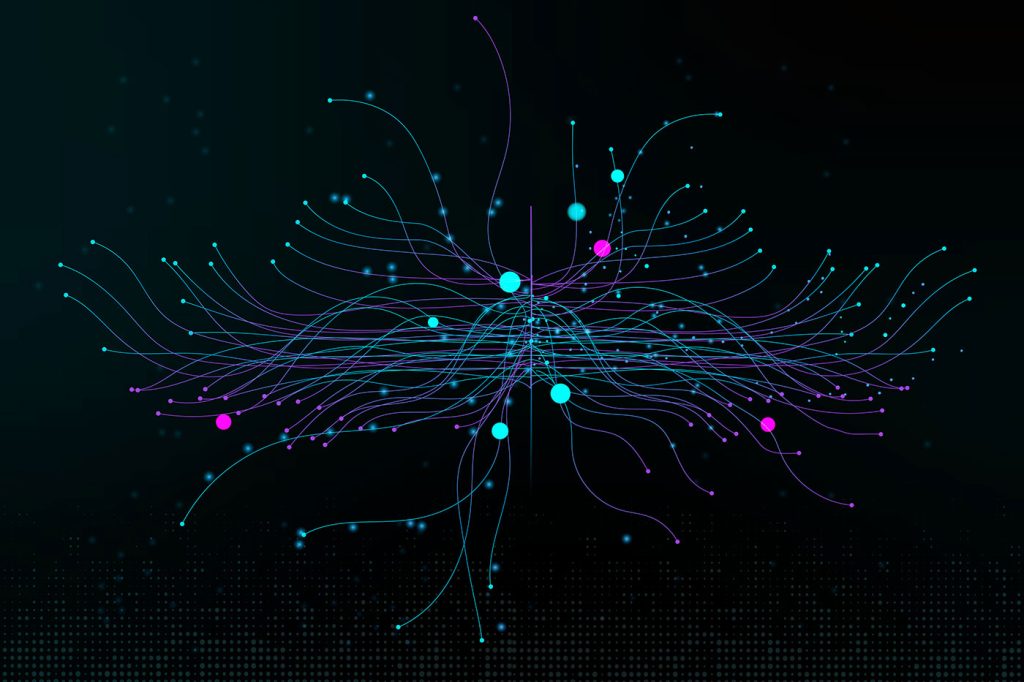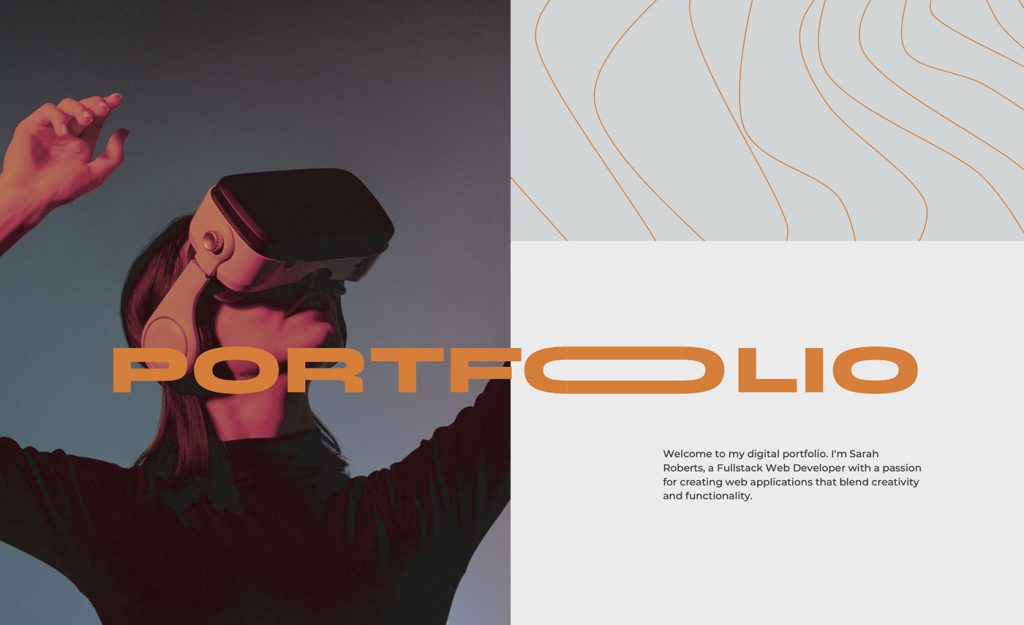The internet was once a place for discovery. A space where curiosity could roam free, where you could stumble across something entirely new, and where every click could lead to something exciting and unexpected.
Today, however, we’ve found ourselves trapped in the monotony of algorithm-driven feeds, where every piece of content is served up based on past clicks, not on genuine interest or curiosity.
Let’s face it: Algorithms are ruining the web experience. They’re limiting what we see, shaping how we think, and draining the spontaneity out of one of the world’s most creative spaces.
The Algorithmic Trap
You log into your favorite social media platform, and what do you see? An endless stream of posts, all tailored to your “interests.” The algorithm knows what you like, right? It knows your preferences, your tendencies, your every click. And, supposedly, that’s supposed to make your experience better.
But here’s the problem: The content you’re served is not designed to expand your horizons. It’s designed to keep you scrolling.
Algorithms prioritize content that is most likely to keep you engaged—regardless of whether it’s enriching your knowledge, challenging your worldview, or offering anything of real value. Instead of discovery, you’re stuck in a loop of the same kinds of content, the same influencers, the same repetitive trends.
Think about it: When was the last time you came across something truly surprising on your feed? Something that made you stop and think, “Wow, I never thought about it that way.” It’s been a while, hasn’t it?
The more you interact with this content, the more the algorithm learns about you. The more it shows you what it thinks you want to see. But what it really ends up doing is reinforcing your existing opinions, beliefs, and preferences, creating a filter bubble where you’re only exposed to content that aligns with what you’ve liked in the past.
The Death of Discovery
What happened to the joy of stumbling upon something new? The internet used to be a place for random discovery. You could click on one link, follow it down a rabbit hole, and find something you never even knew you were interested in. It was a place for exploration, where the journey was just as exciting as the destination.
Now, everything is designed to minimize the effort required to find content. Algorithms make it easy to get more of what you’ve already seen. But this convenience comes at the expense of curiosity and discovery.
You’re no longer exploring the internet—you’re being fed content that the algorithm thinks you’ll like, based on your previous behavior. It’s a self-perpetuating cycle where the novelty is gone, and the internet becomes a place for passive consumption rather than active exploration.
And let’s face it, the results are clear: The web is becoming more homogenized. You can only see so many TikTok trends, cat memes, or recycled “how-to” videos before it starts to feel all the same. Originality, fresh ideas, and new perspectives are being drowned out by the algorithmic push to give people more of what they’ve already liked.
How Algorithms Are Shaping Our Web Experience
What algorithms do well is keep you on the platform. But this is not a sign of success; it’s a sign of exploitation. These platforms aren’t designed to enrich your experience—they’re designed to keep you engaged, feeding you content that is likely to keep your attention just long enough for an ad to pop up.
This shift has changed how we create content as well. Creators are now optimizing for algorithms, not for genuine engagement. Social media influencers and content creators are constantly chasing the metrics—likes, shares, and comments.
The goal isn’t to create the most impactful or meaningful work; it’s to create work that fits into the narrow framework dictated by the algorithm. The result is that more and more content is designed to fit the mold, leaving little room for creativity and originality.
Platforms that once celebrated spontaneity are now all about maximizing engagement. This isn’t just a problem for users—it’s a problem for creators, too. When the success of your work is measured by how well it performs in an algorithm, the art of creation starts to suffer.
What You Can Do About It
So, how do we break free from this algorithmic grip and reclaim our web experience? Here are a few ways we can take control of what we see and how we interact with the web:
- Curate Your Own Sources
One of the simplest ways to escape the algorithmic trap is by curating your own sources of information. Rather than relying on platforms to serve you content, seek out blogs, newsletters, and websites that genuinely interest you. Use tools like RSS feeds to follow topics and creators that matter to you, not what an algorithm thinks you should care about. By curating your own sources, you’ll have control over the kind of content you consume. - Use Chronological Feeds
If you want to get back to the basics of how social media used to work, opt for chronological feeds. Many platforms have abandoned this in favor of algorithm-driven recommendations, but there are still ways to view content in the order it was published. Look for settings that allow you to opt out of personalized feeds and return to a more natural, unfiltered experience. - Take Control of Your Time
Stop mindlessly scrolling through endless feeds. Take control of your digital time by setting limits or using tools that block out distractions. Platforms know how to grab your attention, but you can reclaim it by being intentional about when and how you engage with content. - Engage with Diverse Perspectives
One of the most damaging effects of algorithms is the reinforcement of filter bubbles. You only see what the algorithm thinks aligns with your interests, which means you miss out on diverse voices and opinions. To break out of this bubble, actively seek out content from different perspectives. Follow creators and organizations that challenge your viewpoints and help expand your understanding of the world. - Support Platforms That Prioritize Discovery
Not all platforms are built on the same principles. Seek out those that prioritize organic discovery over algorithmic recommendations. Whether it’s websites focused on curated content from independent creators, or platforms that let you explore without being filtered by an algorithm, look for spaces that allow you to engage freely and authentically. - Revisit Search Engines
Instead of relying solely on personalized recommendations, use search engines more intentionally. Look up specific topics, explore niche subjects, and follow the results that interest you. This is a great way to regain the sense of curiosity and exploration that the algorithmic feeds have taken away.
The Future of the Web: Reclaiming Control
The reality is that algorithms are here to stay, and they will continue to shape our web experience. But just because they dominate the internet doesn’t mean we have to let them dictate how we experience it.
By taking control of the content we consume, curating our own sources, and prioritizing discovery over passive consumption, we can build a more meaningful, personalized web experience.
It’s time to stop letting algorithms decide what we see and start curating our own digital journey. The web can be a place for creativity, serendipity, and genuine discovery again—if we take the time to reclaim it.






